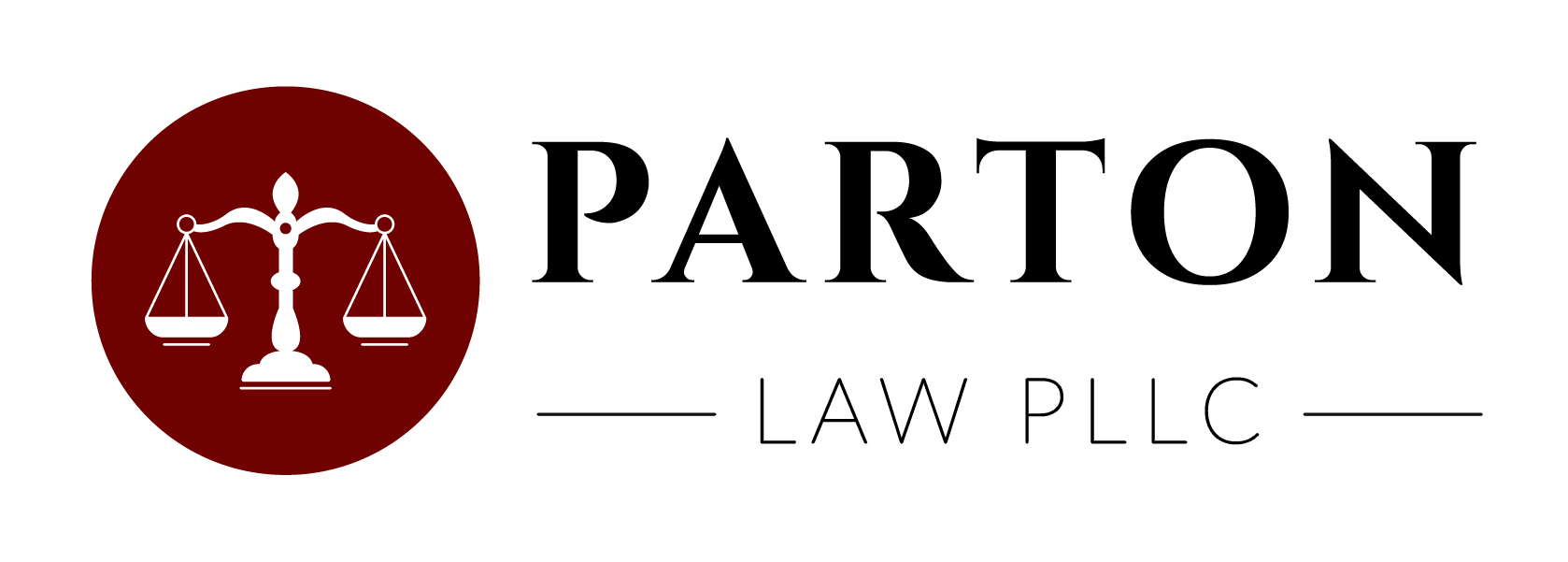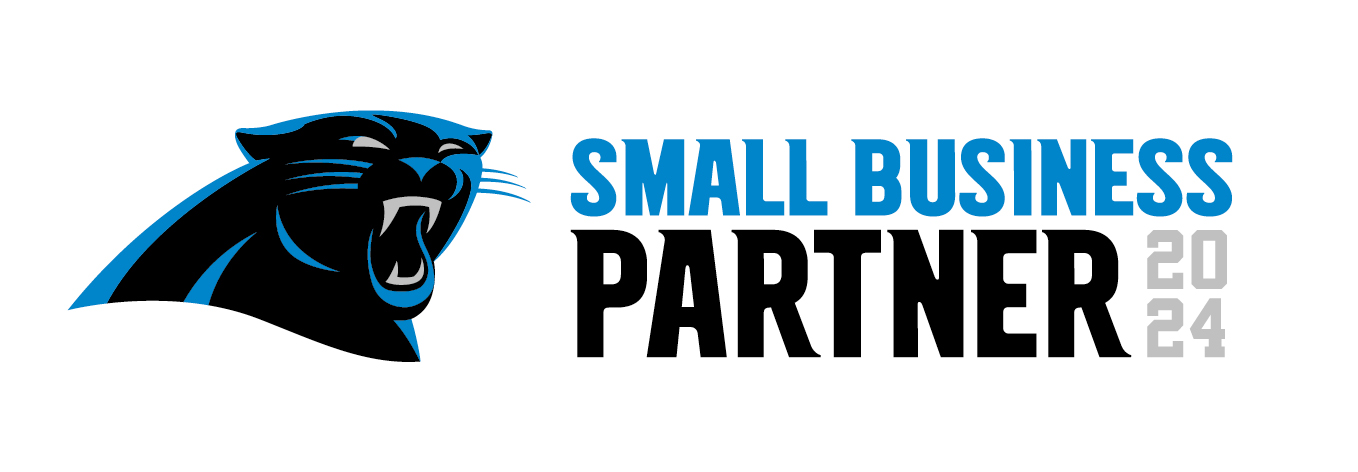How Do I Know If a Business Committed an Unfair or Deceptive Trade Practice?
North Carolina Law makes it illegal for businesses to engage in unfair or deceptive practices. This generally means that they lied, misled, or manipulated their way into economic advantage at the expense of another party. An afflicted party can seek recourse in the civil courts, but it’s not always easy to know when a business has committed an “unfair” or “deceptive” act.
A business acts “unfairly” when it intentionally suppresses competition. Forming monopolies, conspiring or forming cartels with other businesses to fix prices, filing frivolous bad faith lawsuits, and even selling gasoline for below cost have all been held “unfair” by the Court. The common thread for many of these unfair practices is their anti-competitive nature.
A business acts “deceptively”, on the other hand, when it secures its customers or clientele through lies or mistruths or acts that have the tendency to deceive. For example, a business cannot falsely claim that a retail product is being sold “wholesale” or dubiously claim that you won a prize. A debt collector cannot misrepresent the amount of your debt, and a business selling perishable products can’t lie about its location. In all these cases, the proscribed conduct is counted as deceptive because it motivates you to transact with a business—and incur losses—on false pretenses.
For more information on claims involving unfair and deceptive business practices, contact Parton Law.

